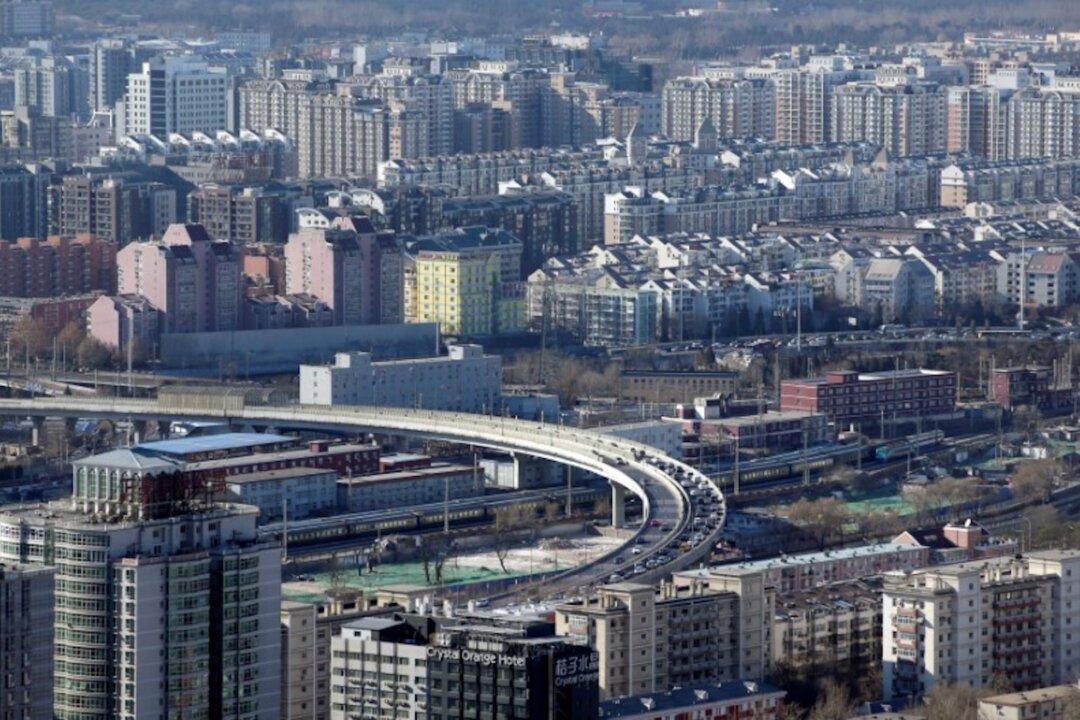BEIJING—China’s new home prices grew at their weakest pace in 17 months in December, with broader curbs on the sector continuing to cool the market in a further blow to the sputtering economy.
Average new home prices in China’s 70 major cities rose 6.6 percent in December, slowing from a 7.1 percent gain in the previous month, Reuters calculation based on National Bureau of Statistics (NBS) data on Jan. 16.





